Corporate finance and option theory: an extension model of rao and stevens (2007)
dc.contributor
Universitat Rovira i Virgili. Departament de Gestió d'Empreses
dc.contributor.author
Li, Xiaoni
dc.date.accessioned
2013-02-06T14:56:40Z
dc.date.available
2013-02-06T14:56:40Z
dc.date.issued
2010-01-25
dc.identifier.uri
http://hdl.handle.net/10803/101519
dc.description.abstract
El objetivo planteado es contribuir a la teoría y práctica de la valoración
financiera de la empresa estudiando la influencia que sobre dicha valoración
ejercen integradamente gobierno, accionistas, acreedores, empleados y clientes.
La necesaria flexibilidad de la vida empresarial se modeliza usando la metodología
de las opciones, tanto ordinarias como reales. Las principales novedades se
hallan en los dos ámbitos siguientes: 1) de carácter instrumental, que consiste
en la forma de utilizar las opciones; 2) en la introducción y cuantificación del
papel que empleados y clientes desempeñan en la creación de valor por parte
de la firma.
Este planteamiento pretende dar un paso adelante en la línea de evaluación
de la remuneración de los empleados (lo que podría permitir la mejora de
los esquemas de remuneración actualmente utilizados) así como en la de
clasificar la clientela de acuerdo al valor añadido que estos dos grupos de
personas (stakeholders) hayan aportado durante el ejercicio económico
La investigación realizada abre importantes líneas de avance para el futuro,
muchas de ellas reseñadas en la Tesis, que indudablemente servirán como
hoja de ruta para ir completando el marco de trabajo aquí establecido. El
actual estado de desarrollo de nuestros sistemas económicos necesitan nuevos
enfoques, siendo muy prometedor el aquí planteado y utilizado.
spa
dc.description.abstract
This thesis focuses on the field of market valuation of relatively large firms and it refers markets
with “normal” behavior, where classical assumptions apply, such as rationality and dynamical
stability, in an attempt to investigate the firm's value creation so as to reveal the contribution of all
possible stakeholders that might be involved in the formation of the market value of a firm. The
literature review related to valuation models, especially the DCF model, has shown that the
conceptual frame of Modigliani and Miller, to determine the market value of a firm as it is
understood today, is too restricted because only three types of stakeholders (shareholders,
debtholders and government) are considered. This work contributes to build an extending valuation
model which incorporates some other stakeholders (different from shareholders, debtholders and
government), such as employees and clients so as to reflect their influence on the firm's market
value. Based upon the work of Rao and Stevens (2007) which reflects the role of the three types of
stakeholders with a special emphasis on the role of government, real options theory is applied here
to quantify the value created through a major degree of loyalty and capture policies for both
employees and clients.
One fundamental option is proposed when building the model and it is related to the employees' and
clients' portfolio of a firm, which has options to improve returns by driving up the motivations of
employees, the fidelity of clients, the capture of talents, the information campaigns to clients and/or
investors. Through applying real options theory, this thesis finds an appropriate way for treating the
uncertainty and integrating the risks associated with it in valuation models, along with considering
the flexibility as an ingredient of value in managerial decisions, increasing the capability to give
alternative actions. The approach in this thesis is almost theoretical with a possible scheme for
empirical experiments suggested for future research. The results achieved attempt to suggest that
there exists communication vehicles for the information about an increase of the satisfaction degree
of employees and customers in such way to be truly transmitted to investors and thus to be
converted into an increase of the firm's market value.
eng
dc.format.extent
244 p.
cat
dc.format.mimetype
application/pdf
dc.language.iso
eng
cat
dc.publisher
Universitat Rovira i Virgili
dc.rights.license
ADVERTIMENT. L'accés als continguts d'aquesta tesi doctoral i la seva utilització ha de respectar els drets de la persona autora. Pot ser utilitzada per a consulta o estudi personal, així com en activitats o materials d'investigació i docència en els termes establerts a l'art. 32 del Text Refós de la Llei de Propietat Intel·lectual (RDL 1/1996). Per altres utilitzacions es requereix l'autorització prèvia i expressa de la persona autora. En qualsevol cas, en la utilització dels seus continguts caldrà indicar de forma clara el nom i cognoms de la persona autora i el títol de la tesi doctoral. No s'autoritza la seva reproducció o altres formes d'explotació efectuades amb finalitats de lucre ni la seva comunicació pública des d'un lloc aliè al servei TDX. Tampoc s'autoritza la presentació del seu contingut en una finestra o marc aliè a TDX (framing). Aquesta reserva de drets afecta tant als continguts de la tesi com als seus resums i índexs.
dc.source
TDX (Tesis Doctorals en Xarxa)
dc.subject
Corporate finance
cat
dc.subject
Option Theory
cat
dc.subject
Human Capital Management
cat
dc.subject
Marketing Metrics
cat
dc.title
Corporate finance and option theory: an extension model of rao and stevens (2007)
cat
dc.type
info:eu-repo/semantics/doctoralThesis
dc.type
info:eu-repo/semantics/publishedVersion
dc.subject.udc
336
cat
dc.subject.udc
67
cat
dc.contributor.authoremail
xiaoni.li@urv.cat
cat
dc.contributor.director
Borrell Vidal, Máximo
dc.embargo.terms
cap
cat
dc.rights.accessLevel
info:eu-repo/semantics/openAccess
dc.identifier.dl
T.184-2013
cat
